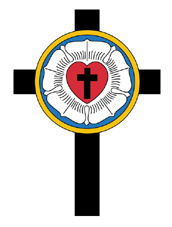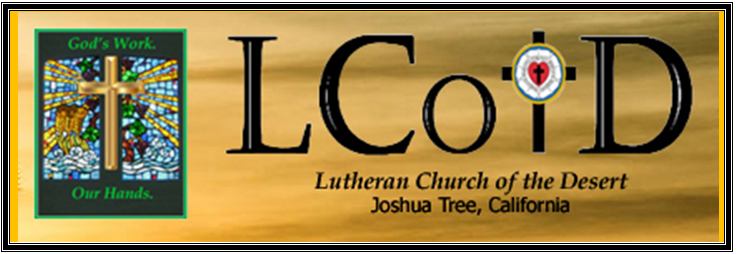About Us

A Time of Renewal
In the early 1500s, Martin Luther, a German monk and professor, struggled with questions of faith and God’s grace. His conviction that salvation is a gift from God, received by faith alone (Ephesians 2:8–9) sparked the Reformation. Luther’s writings called Christians back to the authority of Scripture and to a faith rooted in trust rather than fear. His ideas gave ordinary people a voice in their faith journey and reshaped Christian life across Europe.
Who Are the Lutherans?
From Luther’s time forward, Christians who followed his teachings became known as Lutherans. Our faith has grown through the centuries, not by standing still, but by continuing to wrestle with Scripture, culture, and conscience. Lutherans hold that God has given us free will — the freedom to respond to God’s grace and to seek a community of faith that fits who we are. As Paul wrote, “Now the Lord is the Spirit, and where the Spirit of the Lord is, there is freedom” (2 Corinthians 3:17).
Lutheran Diversity in America
As Lutherans, we share a common heritage in Martin Luther’s Reformation and the central conviction that salvation is by grace through faith. Yet over the centuries, Lutheran churches in America have taken different paths in how they live out this heritage.
-
The Evangelical Lutheran Church in America (ELCA) — of which we are part — emphasizes openness, inclusivity, and the freedom of conscience. We engage with modern scholarship, welcome dialogue with other faith traditions, and see diversity as a gift of God’s creation.
-
The Lutheran Church—Missouri Synod (LCMS) and other Lutheran bodies share the same Reformation roots but often hold to stricter interpretations of Scripture and tradition. Their worship, teachings, and practices may look similar in some ways, but their approach to questions of culture, gender, and interfaith relationships may differ.
Remember, we believe there is no right way or wrong way, but different ways. All of these expressions are Christian, all hold to the Gospel, and all value Word and Sacrament. What distinguishes the ELCA is our emphasis on free will, inclusivity, and service in a world that is ever-changing. As Paul reminds us: “There are varieties of gifts, but the same Spirit; and there are varieties of services, but the same Lord” (1 Corinthians 12:4–5).
Evangelical Lutherans Today
When we speak of being Evangelical Lutheran, we mean we are people of the “Good News” (evangelion in Greek) — committed to proclaiming God’s love in Jesus Christ.
(In our name, “Evangelical” does not refer to a political movement or voting bloc. It is the historic word for Good News — the message of God’s grace and love revealed in Jesus Christ. It is about lifting up Christ’s love and serving our neighbor, inclusive of all human beings.)
We value:
-
Scripture as the source and norm of our faith.
-
Grace alone (sola gratia) — that we are loved by God not because of what we do, but because of who God is.
-
Faith active in love — our calling to serve neighbor, welcome the stranger, and live out compassion in daily life (Galatians 5:6).
Living It Out
For us at Lutheran Church of the Desert, these convictions come together in:
-
Traditional worship that connects us with centuries of Christian faith.
-
Holy Communion, where Christ meets us with forgiveness and renewal.
-
Service to the community, where faith takes on flesh in acts of love and justice.
In short, Lutheran faith is not about drawing lines of “us vs. them,” but about joining in God’s work of grace for all people. We acknowledge we are living in difficult times. We recognize the challenges for all of us in living in divisive times… the challenges of cultural shifts taking importance in political policy and lifestyle…. and the individual stress this puts upon many of us in trying to maintain faith in a world seemingly heading the other way. Yet it’s faith that spawns hope… and worshipping together can help bring back the Christian empathy that aligns faith, one congregation at a time. Want to share with us?
